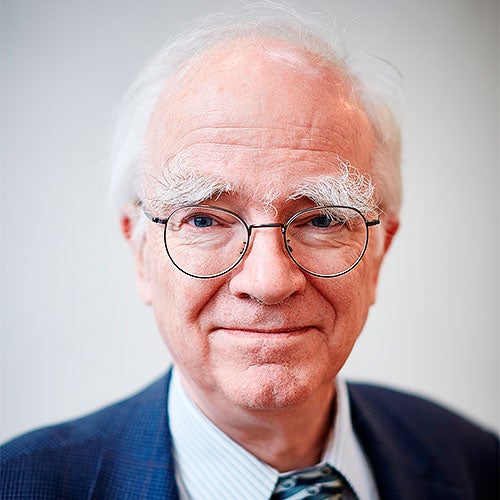DATE: November 17, 2021
TIME: 1:30 pm – 2:30 pm
LOCATION: URI Beaupre Center for Chemical & Forensic Sciences, Room 300
140 Flagg Rd, Kingston, RI 02881
Please RSVP
Join Zoom Meeting
https://uri-edu.zoom.us/j/98308493316
Description:
Epidemiology studies are generally observational and rely on post hoc exposure assessment, e.g., by measuring PFAS concentrations in serum samples. The advantage in regard to several common PFAS is that they have long elimination half-lives in serum. Thus, one would think that a recent serum concentration would reflect exposures during a fairly long past. But there is one complication, and that regards developmental exposure. First, PFAS tend to pass the placenta with little delay. More importantly, PFAS are eliminated in human milk and result in considerable exposure during infancy, where a child may accumulate serum-PFAS concentrations as high as 10-fold the mother’s. Early-life exposures are of particular concern, as they may affect the so-called programming of organ functions and thereby initiate an increased risk of disease development later in life. STEEP Project 2 has addressed these concerns by two different approaches: mathematical modeling and intensive blood sampling. The seminar will review the findings and the implications of this type of imprecision.
About Dr. Philippe Grandjean
Dr. Philippe Grandjean conducts international research to assess adverse health effects that are linked to exposures to environmental chemicals, especially those that occur prenatally during highly vulnerable early life stages. He serves as the STEEP Center co-PI and PI of Project 2, which is aimed at exploring the adverse effects of the immune system that occur by age 8 years in 400 children whose exposures to PFAS have been documented since they were born. The clinical part of project is carried out in the Faroe Islands, where there is a strong tradition for such studies with successful follow-up. The clinical examinations have already started.
Dr. Grandjean also serves as Professor and Chair of Environmental Medicine at the University of Southern Denmark, and he has been part-time at Harvard since 2003. In 2002, Grandjean became founding Editor-in-Chief of the open-access journal Environmental Health that has become a major medium for publishing research in this field. His book “Only on chance – and How to Protect the Brains of the Next Generation” was published in 2013 by Oxford University Press.
Among several awards for his research, he has received the ‘Mercury madness award’ for excellence in science in the public interest, from eight US environmental organizations. Since 2013, he has been a member of European Environment Agency’s scientific committee, and he also serves on the World Health Organization’s European Advisory Committee on Health Research.


